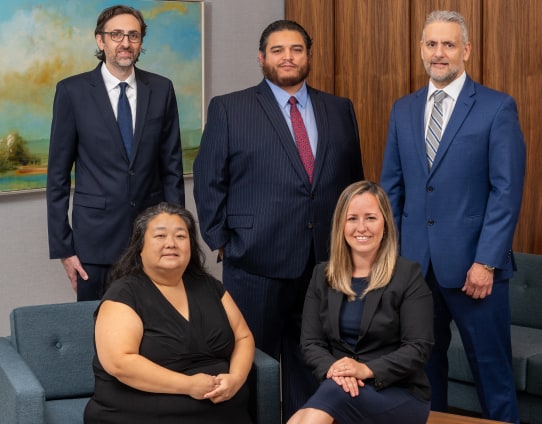What Should I do About my Car Payments and Insurance after my Car is Declared a Total Loss?
Q: My vehicle was declared a total loss, but the insurance company hasn’t contacted me about the numbers yet. Do I still need to make my car and insurance payments?
A: Yes, you are still responsible for making both payments even if you no longer have use of your vehicle. Here’s why:
- Uninsured Vehicle Repercussions: If you don’t maintain insurance on your vehicle, the DMV or MVA may notice that your vehicle is uninsured and impose administrative fees until they see an active insurance policy.
- Credit and Repossession Risks: Your loan company could report late or non-payment to the credit bureau, impacting your credit score. Additionally, they may take steps to repossess your vehicle.
These consequences could hinder your ability to secure a new car loan or reinstate your auto insurance policy. They might also result in higher insurance rates due to a reported lapse in coverage.
Conclusion: It’s essential to wait until your car title has been signed over to the insurance company before canceling your insurance or halting payments on your vehicle. Only make changes to your insurance policy once the ownership of your vehicle has officially changed hands.
by Sara Treuhaft, March 18, 2024


